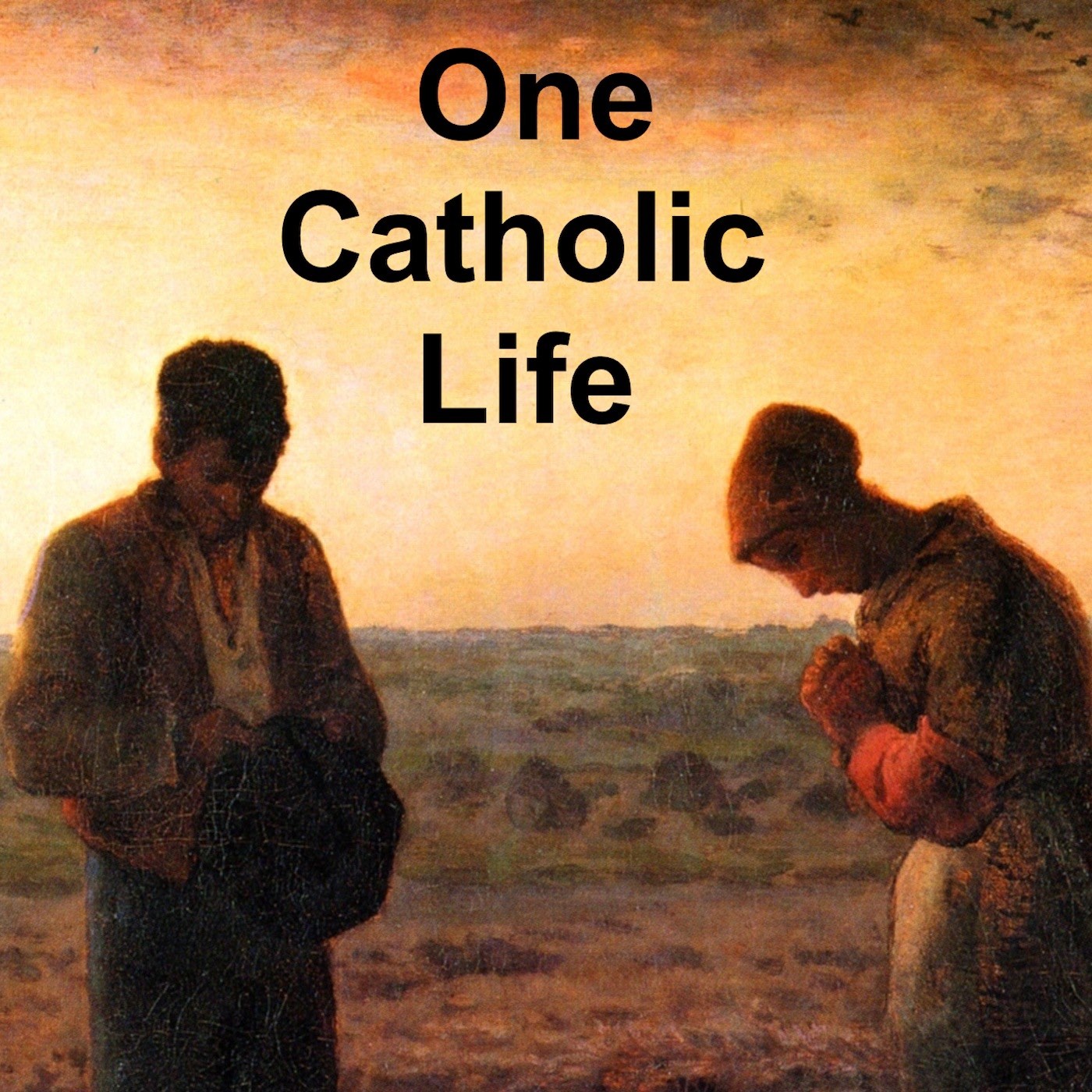What Are You Asking? – Homily for the 29th Sunday in Ordinary Time
Description
When I was about eleven or twelve years old,
I was fascinated by the life of long-haul truckers.
I used to listen to songs by Red Sovine and Merle Haggard,
watch movies like Smokey and the Bandit,
and dream about living life on the road.
One year I asked my mom and dad for a CB radio for my birthday
so I could talk to all the truckers on the road from my room at home.
Their response was similar to Jesus’ answer to James and John:
“You do not know what you are asking.”
And it’s true. I had no idea what I was asking.
Have you ever asked for something
not realizing the full implications of your question?
Maybe when you were younger
you asked your parents if you could have a dog or a cat or a fish.
There was no way they could explain to you
just how much work it takes to care for an animal.
And there are those of us here who have popped a certain question.
What if when we asked “Will you marry me?”
the response we got was,
“You don’t know what you’re asking.”
But after all, how can a young couple possibly know
how their lives will be affected by that question?
Brenda and I have been married twenty-five years,
and we’re still finding that out.
When James and John ask Jesus to be seated in glory
on his right and left,
Jesus tells them, “You don’t know what you’re asking.”
What does Jesus mean by that?
On one level he means that they don’t know the full implications
of getting what they want.
They don’t yet fully realize what it means to be associated with Jesus.
After all, as spiritual writer Fr. Timothy Radcliffe puts it,
Jesus’ throne of glory is the cross,
and it’s two thieves that are destined to be on his left and on his right.
So Jesus tells them, “You don’t know what you’re asking,”
because they don’t see the full picture.
But on another level, there’s something else they don’t know.
There’s another meaning to Jesus’ question,
“You do not know what you are asking.”
They don’t realize why they’re asking the question.
In other words, they’re not aware of the question behind their question.
Why do they want seats of honor in the first place?
It’s easy for us to be hard on James and John
and see them as overambitious, self-serving and power-hungry,
but the reality is we all have the same temptation.
We all have a desire to be honored,
to be seen as important, to be publicly recognized.
That’s why there’s a baseball Hall of Fame,
why we hold award ceremonies,
why we name buildings after donors.
What is that desire?
Where does it come from?
Think about the last time you hungered for recognition,
either for yourself or for someone you care about.
What’s behind that?
Partly it comes from a need for meaning in our lives.
We want to believe that our lives count for something.
We want to know that our lives are worthwhile.
And so we look to honor and recognition to be validated.
I hear young people all the time talk about how much pressure they feel
to achieve at the highest levels.
They grow up thinking
that if they don’t make their mark in the world
through some grand gesture or accomplishment,
then they don’t matter.
And then when we reach mid-life
we look at where we are and where we’ve been
More Episodes
We are given very powerful readings today,
powerful individually and powerful collectively.
And at the heart of them all is a line by St. Paul
in his letter to the Romans:
“…be transformed by the renewal of your mind,
that you may discern what is the will of God,
what is good and pleasing...
Published 09/04/23
Published 09/04/23
It’s a sad fact of history
that the largest religious community
that ever lived together in the same place
in the history of the Catholic Church
was at the Dachau concentration camp in Germany during World War II.
Over 2,500 Catholic priests became prisoners in Dachau,
in Cellblock 26,...
Published 02/13/23


